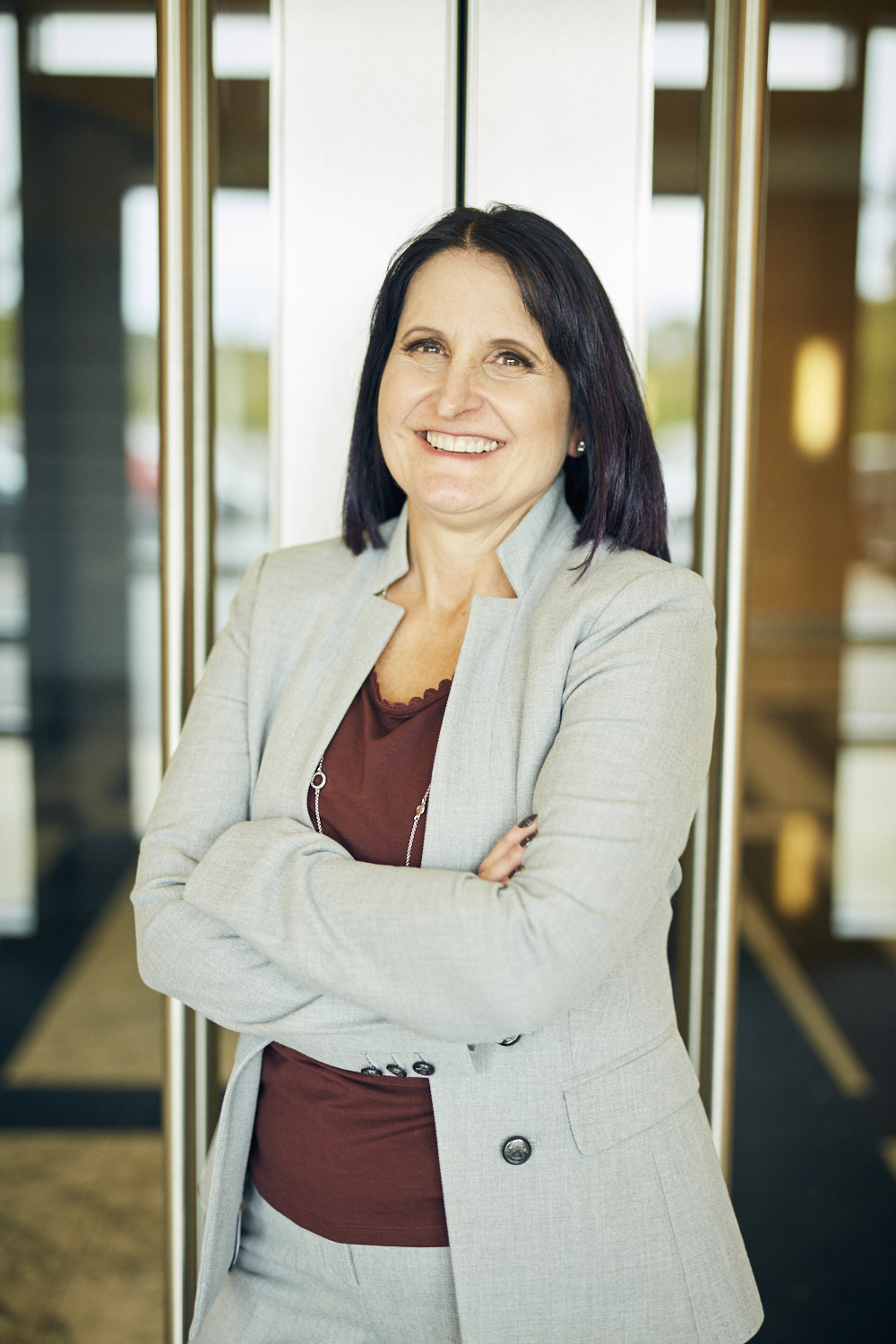Lauren Baker ’82, ’85 MS, ’88 PhD: Moving the Needle on COVID-19
Department(s):
AlumniBaker is the global head of consulting and founder of Avania, a contract research organization. Her career for the last 20 years has been focused on helping companies that are developing biotechnology bring a wide variety of

products to market—from medical devices to biologics. That work has shifted dramatically in recent weeks to helping companies around the world that are developing products to help meet the challenge of COVID-19.
Normally, Baker explains, companies large and small seek out her team’s medical expertise and the customized meld of services it tailors to each client’s needs to help bring their products to market. That can include everything from pre-submission strategizing, to designing and managing clinical trials, to coaching clients through the all-important presentation to the FDA.
All that has changed with the COVID-19 pandemic, she says: enrollment in clinical trials has slowed, clinical research in the U.S. is on hold, and no elective procedures are taking place. Rushing in to fill the void is work related to COVID-19. “We have been contacted by people from all over the world.”
Baker and her team at Avania have been helping companies with products in a variety of areas including virus and antibody test kits, PPE, novel approaches to the shortage of ventilators, blood filters for a process of blood purification that is being utilized to remove the toxins from the blood from patients with COVID19, and blood products, which could become more critically important as blood stores become limited due to COVID19.
The projects are being pursued under an FDA-initiated process under a government Emergency Bill, she explains, that was put in place in February to allow medical devices to be placed into commercial distribution with a shortcut process. Under a provision termed an Emergency Use Authorization (EUA), this allows companies to sell products with exceptions highlighted from the standard FDA review process. This is a marketing approval that facilitates distribution of products only as it relates to this emergency, Baker says.
“For a frame of reference, there are also EUA provisions in place for other prior emergencies including Zika and Ebola, so this is not a new provision of the regulations specific to COVID19.”
Baker established Boston Biomedical Associates (BBA) in 2000 after an extensive career of nearly 10 years running the corporate clinical research group for Boston Scientific. Prior to that, she was a research assistant professor at the University of Massachusetts Medical School where she worked in the Cardiac and Vascular Surgery Departments. BBA and several other contract research organizations recently merged to form Avania.
She has served as a professor in mechanical engineering at WPI and has established herself as a leader in clinical research in a variety of medical areas including cardiovascular, neurovascular, orthopedics, GI and GU. In addition to her three WPI degrees, she is a licensed professional engineer. Her PhD research was performed in the Vascular Surgery Department at UMass Medical School.
While she was a WPI student, Baker rowed crew and has remained involved with the rowing program as an alumna. She contributes her expertise and experience to the university as a member of the Arts & Sciences Advisory Board, and she is a proud WPI mom of a sophomore.
“I’ve always been thankful for the education I received at WPI,” Baker says of her participation in the life of the university over the years. “Project-based learning, for me, was the saving grace. It gave me the confidence to dig into something that challenged me.”
“Doing something outside your lane,” she adds, “I learned that at WPI and it’s always been with me.”
She is modest about the work she and her team are doing now on the challenges posed by the COVID-19 pandemic—“we’re not doing much, we’re not working on a vaccine.” But that’s not the point, she adds.
“If we can do our part to get a test kit out there or a new kind of ventilator, then good—maybe we can do something to move the needle. We all need to band together during this medical crisis in any way we can.